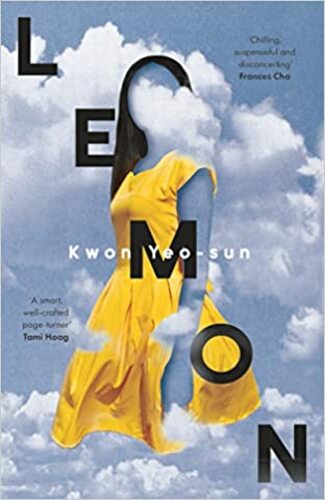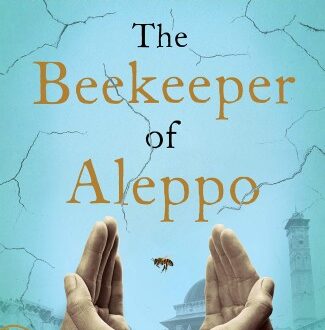Lemon by Kwon Yeo-sun
Lemon is an extremely short mystery novel by Korean writer Kwon Yeo-sun and translated by Janet Hong. It takes place over a number of years and jumps between three different narrators – all dealing with the death of the victim, Hae-on, in their own unique ways. However, as you move from one narrator to the next, it is clear that this isn’t a simple mystery novel at all.
Instead, Kwon has woven together a story of trauma and healing. All of this is done under the guise of being a simple mystery story. Though short, the story packs a punch not easily forgotten. It does bear warning though, it is a story of murder, abduction, terminal illness, and perhaps even sexual assault. Proceed with caution if any of these topics will bother you.
The Story

The year is 2002 and Da-on’s older sister, Hae-on, has been killed on the way home from school. While two boys are brought in for questioning, nobody is ever charged with the crime and the case goes cold. Da-on is never quite the same after the murder of her sister and neither are two of her sister’s classmates.
With every chapter, a different perspective in a different time is presented over a 17 year period. There are eight chapters, divided between the three narrators – Da-on and two of her sister’s classmates. Da-on struggles with her appearance and attempting to replace the hole that her sister has left behind. She also wants to figure out who killed her sister. On the other hand, Hae-on’s classmates discuss their own struggles – which may or may not be directly related to Hae-on’s death.
Through these three perspectives, what happened on that day and the consequences of the events gradually become clear.
It’s All About Perspective
What really shines about Lemon is the distinctive narratives and how they further the plot over a period of 17 years. Kwon Yeo-sun artfully built the story around three young women. Not only does this make the narrative more compelling, but it also functions as a educating device for the reader. Instead of one single protagonist finding clues, each narrator provides more knowledge of the situation as time passes and it some cases, they may not even be fully aware of what they are divulging. It’s very clever and enjoyable to read.
Perhaps it’s a natural consequence of this technique, but it also gives the reader a special view of Hae-on’s character and how she affected others. We learn about her shortcomings through her sister, but also about how she was perceived by her classmates. This has a strong effect how our perceptions as readers as well.
Dealing with Trauma
Related to the different perspectives present in Lemon, are the varying layers of trauma present throughout the novel. There is the obvious trauma related to the death of Hae-on, but there are a number of consequences from that single event that are more nuanced than simply grieving. People are not only sad because of her death – they are affected in a variety of ways and experience other layers of trauma as a result.
In doing this, Kwon brings up something important to consider – trauma isn’t simple. It is multilayered and complex. Even when the root cause of the trauma is the same, how a person reacts may be completely different. Their road to healing will also ultimately vary based on their life circumstances and connection to the original traumatic event. This topic is explored subtly and with skill in the novel.
In Conclusion
Lemon may be a short little book, but it does a lot within those limits. Trauma in particular is a heavy topic and not easily approached. However, perhaps something so complex is best approached with simplicity and conciseness. Kwon Yeo-sun has managed to do so with an impressive amount of skill. This book will surely mix well with both fans of mystery and those looking to question social issues as well. An absolutely outstanding book.




